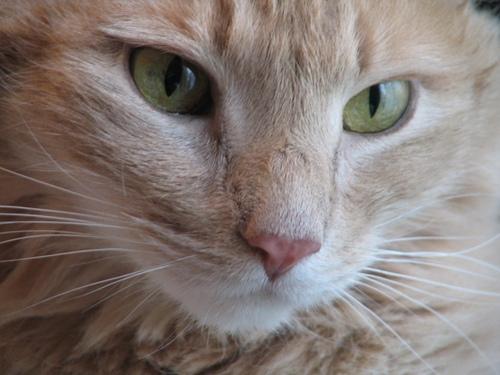 Like many people, you may have some odds and ends of prescriptions that you or someone in your family never needed: a fast-healing injury that required painkillers, cough syrup that may be past its prime, or sleeping pills for a temporary insomnia. The old adage has been to flush your old meds down the toilet to prevent children from accidentally getting into them.
Like many people, you may have some odds and ends of prescriptions that you or someone in your family never needed: a fast-healing injury that required painkillers, cough syrup that may be past its prime, or sleeping pills for a temporary insomnia. The old adage has been to flush your old meds down the toilet to prevent children from accidentally getting into them.
However, experts claim that flushing them isn’t so great for our water supply. Trace amounts of common antibiotics and hormones have been found in watersheds, and the EPA is concerned with the potential risk to public health and the environment. Scientists have already found fish abnormalities they believe are caused by prescription medication.
The new advice, courtesy of the Substance Abuse and Mental Health Services Administration, is to dispose of unwanted medications in kitty litter. By dissolving pills in water, and then pouring the mixture into kitty litter (clean or dirty), you are assuring yourself that your children won’t accidentally get into those “child-proof” (ha!) pill bottles, and any drug-seeking acquaintances will probably avoid rummaging through dirty cat litter for meds. A pilot program will disperse this advice to patients filling prescriptions at 6,300 pharmacies around the country. The new program was started in an attempt to curb the amount of medications swiped by prescription-drug abusers. Research indicates that as many as half of prescription drug abusers get at least part of their supply by stealing medications from friends and relatives.
Obviously, you want to avoid putting waste meds into kitty waste currently in use by your feline friend, and you should dispose of the kitty litter in a sealed container. The program also advises those without cats to dispose of meds in other pet waste, coffee grounds, or sawdust<—>basically any messy household waste, although many green households compost much of their trash. And it’s unclear whether disposing of meds into landfills will be any less environmentally harmful, given many landfills’ track record of leachate leakage. But it seems like a good temporary solution until a national medication-return/recycle program can be created.
[This post was written by Kelli Best-Oliver]
Source: SAMHSA
I wrote a post about this topic on my blog over the weekend and included some more environmentally friendly disposal ideas than those in the SAMHSA recommendations. I think your readers might find it helpful.
http://somebodyhealme.dianalee.net/2007/11/safe-disposal-of-medication.html